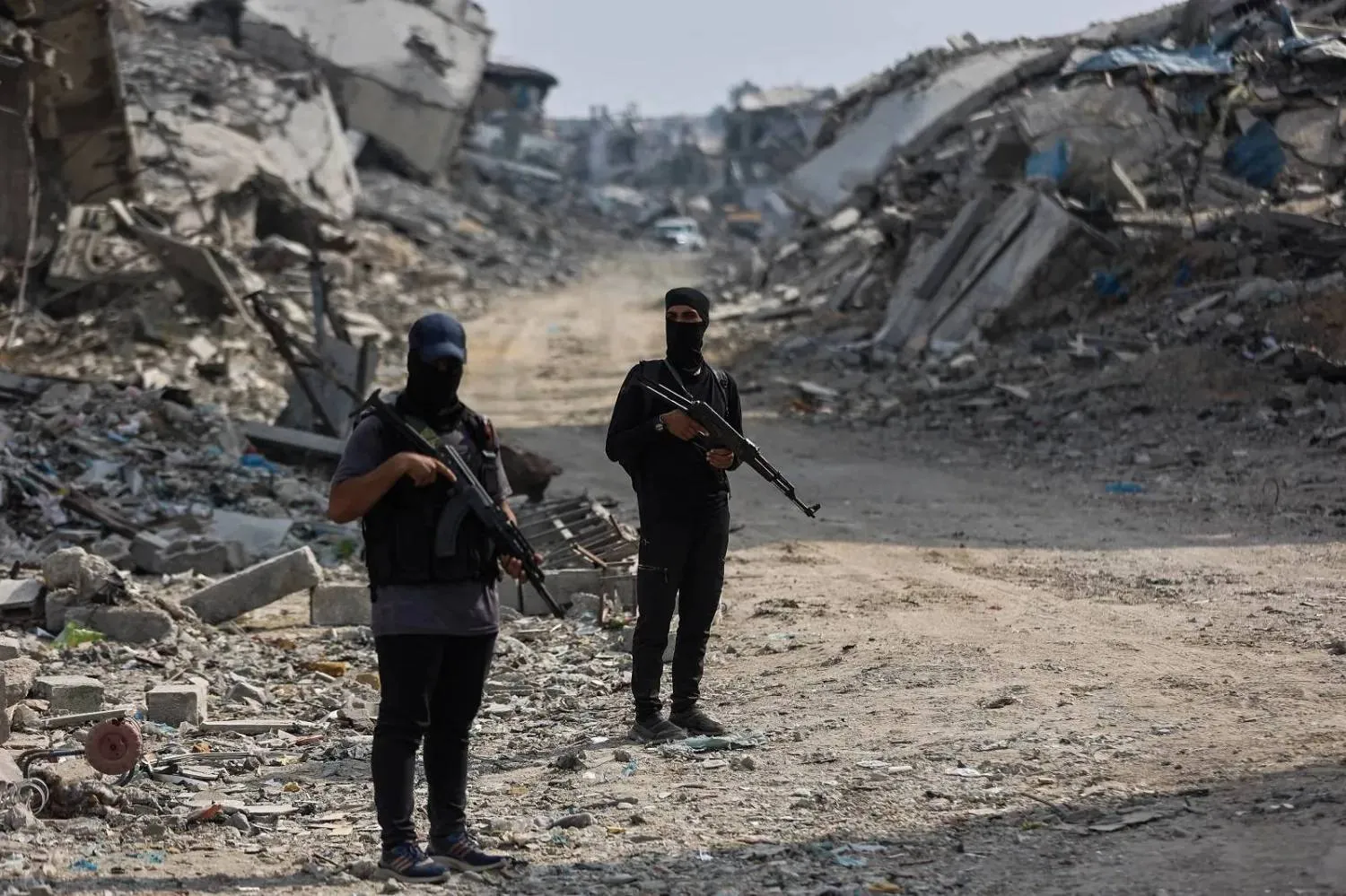Iranian President Ebrahim Raisi urged on Monday President of the Iraqi Kurdistan Region Nechervan Barzani to prevent the “exploitation of Kurdish territories” to attack Iran.
He stressed the need to remove the arms of “elements that are opposed to the revolution.”
“We trust that our Iraqi and Kurdish brothers have good intentions,” Raisi told Barzani during a meeting in Tehran. “However, given the spite harbored by our enemies, including the Zionist entity, we expect the Iraqi and Kurdistan governments to prevent the exploitation of their lands by hostile Zionist elements and groups opposed to the revolution.”
Moreover, he said Iran is open to expanding economic and trade cooperation with Kurdistan. “We believe the long border between the two sides is a valuable opportunity to boost relations, but security remains pivotal because it is necessary for any cooperation,” he went on to say.
Raisi said he was satisfied with the measures taken by the Baghdad and Erbil governments to carry out the joint Iraqi-Iranian security plan, stressing the need for its “full and strict” implementation, including the removal of weapons of groups that are opposed to the Iranian revolution.
For his part, Barzani said Kurdistan was adamant on fully implementing the agreement.
“We expect Iran to stand by our side in easing Iraq’s problems and building a prosperous and modern country,” he added.
On Israel, he remarked: “Any sound mind will not prioritize the establishment of ties with a regime - that is at its lowest point – over relations with a strong and friendly country.”
Kurdistan’s Rudaw network said Barzani and Raisi’s talks underscored the need to bolster relations between Iran, Iraq and Kurdistan based on good neighborliness, joint interests and raising the level of trade and economic exchange.
Barzani also held two meetings with Foreign Minister Hossein Amir-Abdollahian.
A statement from the Kurdistan presidency said the officials discussed relations between Baghdad, Erbil and Tehran, including opportunities for economic cooperation. They also tackled political affairs in Iraq and Kurdistan and regional developments.
Barzani also met with Supreme Leader Ali Khamenei. No details were made available about their talks.
Kurdistan and Iran share a 650-km long border and seven border crossings. Trade exchange between them tops 7 billion dollars annually, reported Rudaw.
In a post on the X platform, former Iraqi FM Hoshyar Zebari described Barzani’s trip as “very successful.”
He noted that it took place in wake of “violent tensions” in relations between Kurdistan and Iran in wake of Tehran’s rocket attacks on Erbil in recent years.
This was the first visit to Iran by a Kurdish official since January 2024 when Tehran fired 11 ballistic missiles at Erbil that targeted the residence of a prominent Kurdish businessman.
Iran alleged that it was striking targets that were spying for the Israeli Mossad. Iraq has denied that the Mossad had set up headquarters in Erbil.









